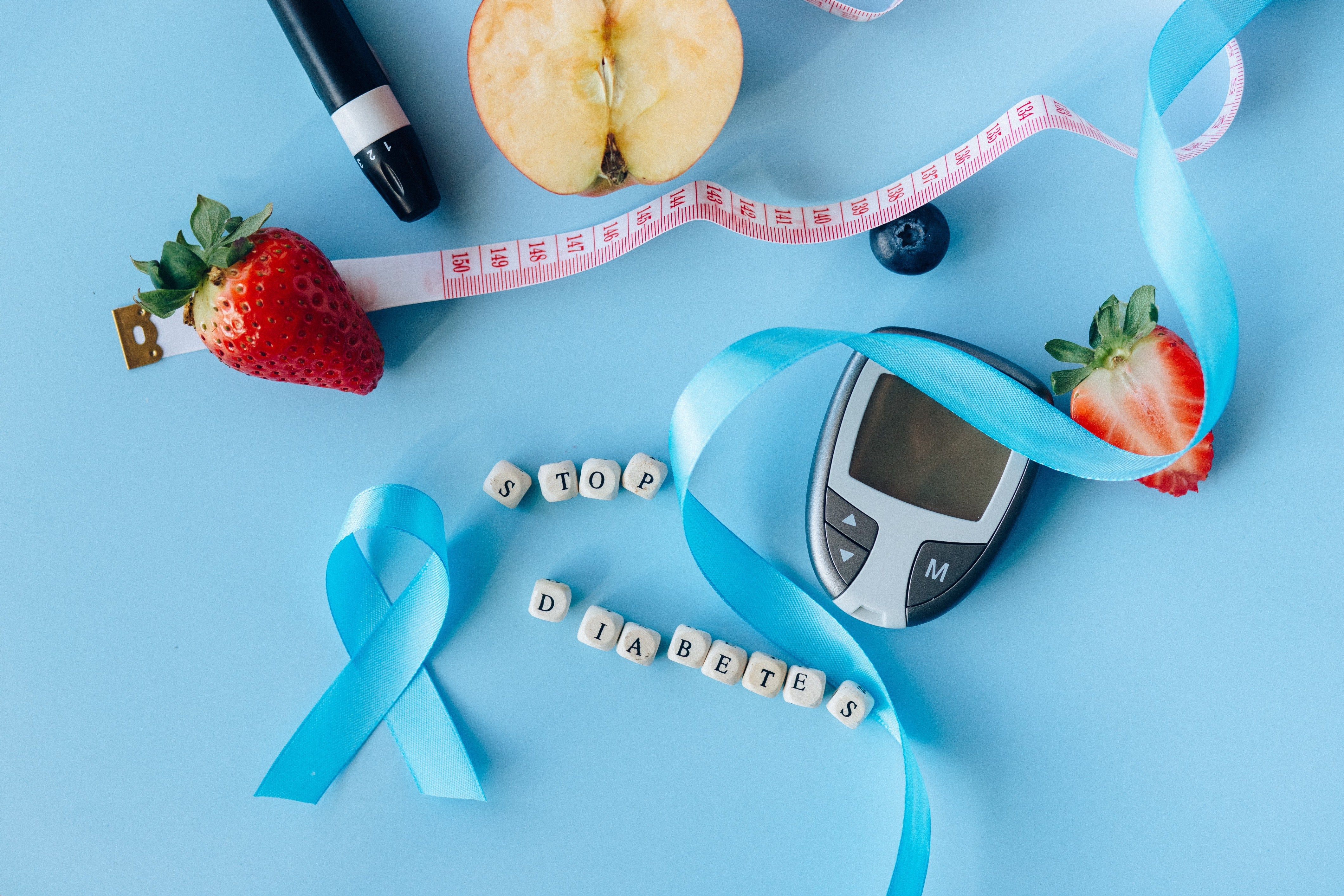
Marina Ribas
Dietista integrativa, maestra y divulgadora. Especialista en patologías o trastornos autoinmunes, hormonales y digestivos. @marina.ribas.torres
CARDIAC RHTYMS. SET YOUR CLOCK
They affect human beings, animals, plants and microbes, since we harbor a biological clock inside us that allows us to carry out different organic functions. In fact, there are specific proteins in each of our organs and tissues responsible for communicating with cells and thus carrying out their vital task.
In the brain we have a “master clock” that directs the different clocks in the body. It is made up of more than 20,000 neurons that form the suprachiasmatic nucleus, located in the hypothalamus, which receives direct information from the eyes.
Thus, through our eyes, we set our circadian rhythms and hence the importance of maintaining good sleep habits and hygiene.
Genetically, our body expects us to perform the most energetically demanding functions during the day, when we receive sunlight, and to rest during the hours when we do not have sunlight.
Because? When our eye perceives that sunlight disappears, it sends a warning to the brain to start secreting melatonin, the rest hormone. If it constantly receives light inputs, it stops sending that signal and the production of melatonin decreases, making it difficult to fall asleep.
Human beings, throughout history, have managed to provide light and lengthen the day, from the invention of fire to the creation of LED light bulbs. However, the amount of artificial blue light (measured in lux) emitted by electronic devices compared to fire, candles or a gas lantern is enormous and has the ability to disrupt our internal clock.
This is one of the main reasons why so many people suffer from sleep disorders today. Little exposure to the sun and natural light, excessive use of electronic devices with screens, and stress along with poor diet and little physical activity seem to be the main reasons for poor rest.
For this reason, it is essential to establish a good relationship with light and learn from nature (which most of the time has all the answers we are looking for) to tune our internal clock and enjoy better rest and health in general.
Here are some tips that you can implement today:
- Expose yourself to light at dawn and dusk (infrared is medicinal for the body).
- If you have no choice but to use screens once the sun goes down, do so with blue light blocking glasses or install apps that block it from the device itself.
- Instead of using conventional home lights, replace traditional light bulbs with red bulbs.
- You can also use candles to illuminate the different spaces in your house (it can even be romantic).
- Remove electronic devices from your room. It should be a temple for rest, so it is better to use a regular alarm clock and leave your cell phone in the living room.
- Flashing lights from devices such as Wi-Fi and other devices can affect rest if they are in your room. Turn them off or better yet, move them.
- If you can afford it financially, saunas or infrared panels can help improve rest and some pathologies or disorders that are aggravated by the disruption of circadian rhythms.
In addition to all these tips, it is also important to take into account the times when we eat our meals. Eating food when our body secretes melatonin and prepares for rest also alters our circadian rhythms. So eating during the day and stopping eating when the sun sets can be a good idea so that your master clock is on time and all your systems work with the precision of the best Swiss technology.

Read more

Sugar and the diabetes pandemic
With a global population involved that could conquer the entire European Union (England included), diabetes is the most relevant endocrine pathology in the world. And a true “pandemic” that continu...
Read more
Transition to a Low-Carb Life
Many people face the new year with the resolution of having a healthier diet, and more and more people are discovering the benefits of a sugar-free diet, low in carbohydrates, and rich in proteins ...
Read more




